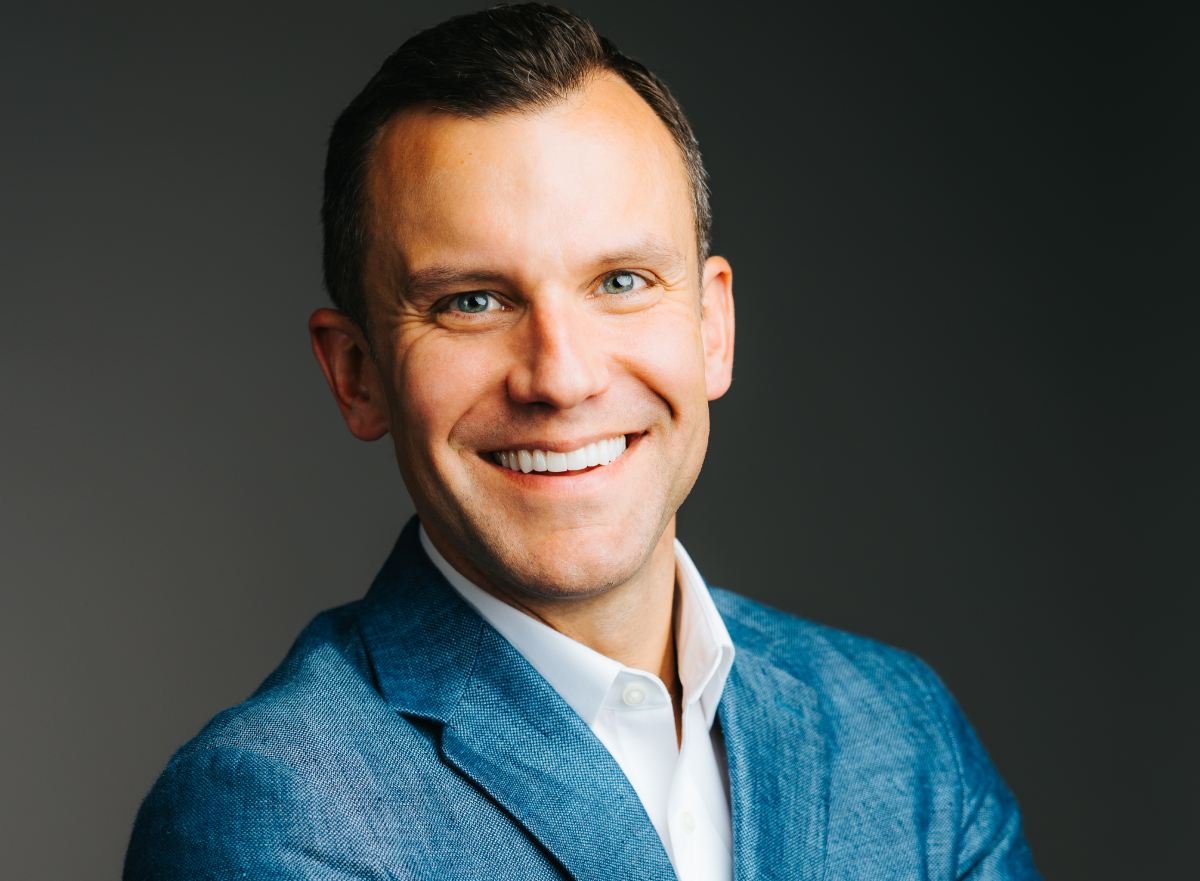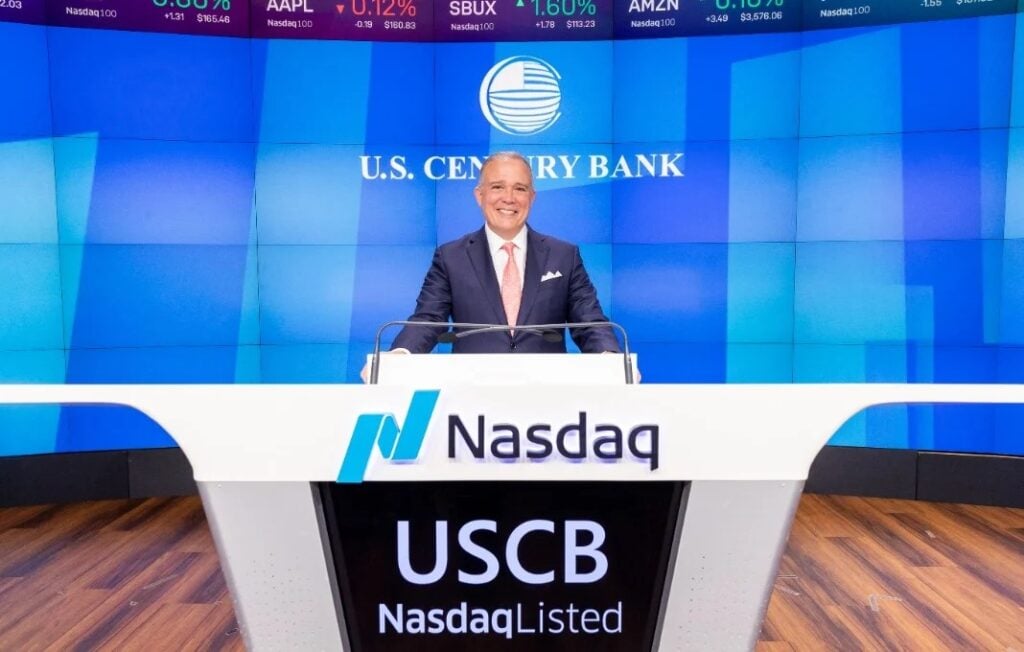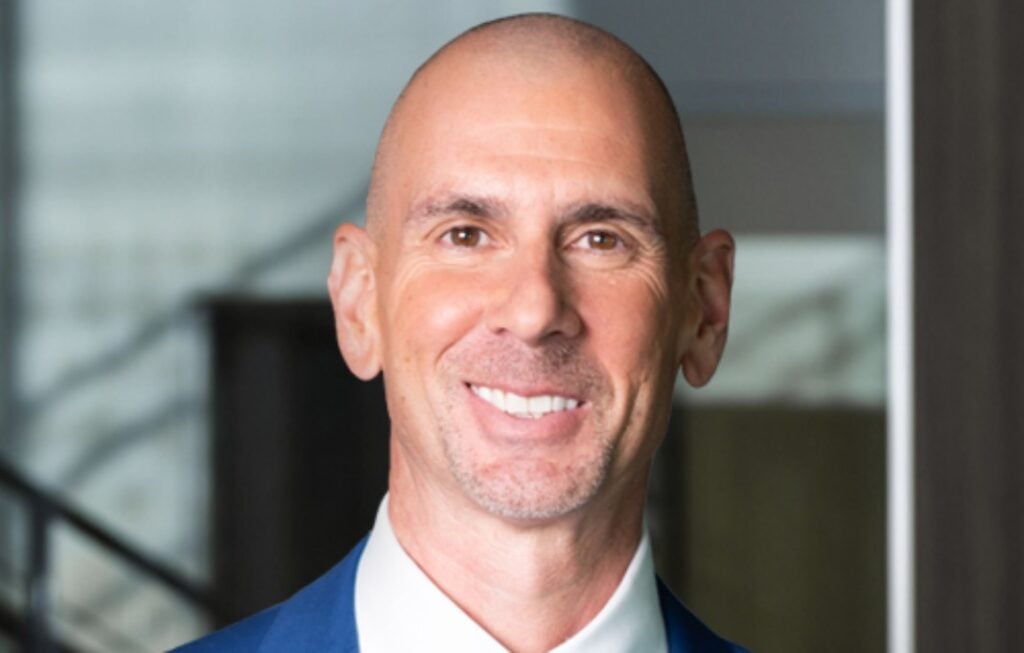The term “finance transformation” appears in many whitepapers and tech vendor blogs, denoting large-scale process, system and organizational changes. Indeed, it is often portrayed as being led by changes in technology that enable data-driven decision-making or a single source of truth.
For Chad Wonderling of Zone & Co., though, finance transformation is a distinct endeavor. “For those of us living it, finance transformation is very real and very operational,” says Wonderling, Zone’s CFO since March 2024.
As Wonderling explains, transformation is much more about partnership, relevance and enablement. In the following interview, Wonderling discusses the true goal of transformation and how it dovetails with talent development and the selection of systems for the finance tech stack.
What does finance transformation look like in Zone & Co., and what lessons would you pass on to other CFOs beginning that journey?
The term gets thrown around. At Zone, it’s been less about “digitizing finance” and more about rethinking how finance supports the business at its core.
We’ve modernized systems and made data more accessible, yes, but those are enablers, not the end goal. The transformation really happens when finance shifts from reporting on the business to actively shaping it.
For example, our decision to re-architect our professional services model didn’t come out of a strategy offsite. It stemmed from financial insights and pattern recognition across customer success metrics, margins and delivery trends.
Similarly, launching a dedicated account management function tied to expansion was driven by a deep analysis of customer lifetime value and go-to-market efficiency. In both cases, finance wasn’t reacting to the business—we were guiding it.
If I were advising another CFO starting this journey, I’d say: Don’t lead with technology; lead with relevance. Transformation begins when finance consistently shows up as a business partner with a unique point of view, grounded in data but fluent in outcomes. It’s less about getting a seat at the table and more about earning the right to steer the conversation.
How are you thinking about talent development in finance, particularly in light of automation and AI reshaping how teams allocate their time?
The pace of change in our space, especially in SaaS, is exponential. My approach to talent development is anchored not in the latest tools, but in enduring capabilities.
There are three things I focus on. First, business fluency. I want finance professionals who understand how we generate revenue, how our customers succeed, and how our products and go-to-market strategies work. When finance can speak the language of the business, it builds influence, not just accuracy.
Second, relational intelligence. Influence in finance stems from trust and credibility, rather than control. You have to be someone others want in the room early, not just someone who audits the plan after it’s baked.
Third, intellectual curiosity. The best people on my team aren’t satisfied with knowing the answer—they want to see why it matters. Curiosity drives better questions, deeper learning and more proactive insight.
Of course, technical skills matter. We’re investing in hybrid talent, people who can work with data, understand system design and engage with AI tools. But all of that is built on top of core traits that don’t go out of style.
When evaluating a new finance system or tech investment, what’s the most overlooked factor CFOs should pay more attention to?
Too often, we evaluate systems based on feature sets, RFP templates and pricing, but miss the bigger picture. Does this system align with how the company works? Will it scale with you? Does it reduce friction or create a new layer of complexity?
I’ve seen tools that technically check all the boxes but fall flat because they don’t integrate well, require niche expertise or fail to drive adoption. Those hidden costs are the ones that really hurt, especially in high-growth environments like SaaS, where speed and clarity are critical.
We’ve learned to evaluate systems with a more strategic lens. Will this tool enable scale over the next three to five years? Are we consolidating intelligently? How intuitive is it for the people who’ll use it daily? Is it built for an AI-native future or just bolting on buzzwords?
CFOs today are stewards of the tech stack, not just the ledger or financial model. Getting this right means thinking like a systems architect and an operator, not just a buyer.
Many CFOs talk about becoming strategic advisors to the business. What’s one way you’ve made that real?
For me, it starts with presence. If finance is only showing up with post-mortems or cost control flags, it’s already behind. Real strategic finance is about shaping decisions, not just reporting on them.
At Zone, we’ve built a culture where finance is intentionally embedded early in key processes, including go-to-market planning, product prioritization and customer strategy. That’s taken time and trust, but the result is a team that’s part of the conversation from the start, not just validating it at the end.
One shift we made was helping other execs “speak finance,” connecting metrics to meaning in their world. Not just saying, “CAC payback is off,” but framing what that means for resource allocation or customer experience. That translation layer is where influence happens.
The real indicator that it’s working? People loop you in without being asked. They want your input because they’ve seen how it improves outcomes. When finance becomes less about oversight and more about enablement, that’s when the strategic role becomes truly effective.








